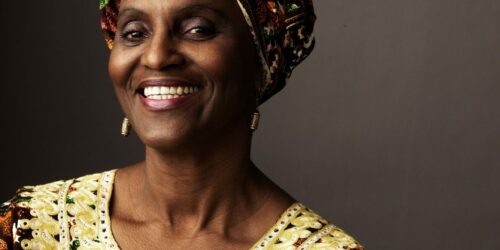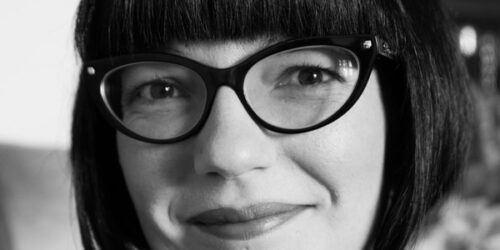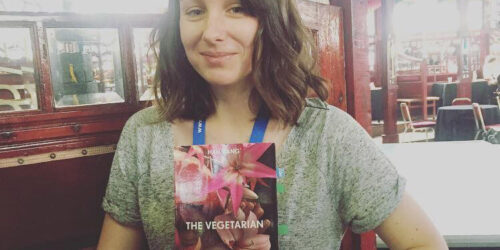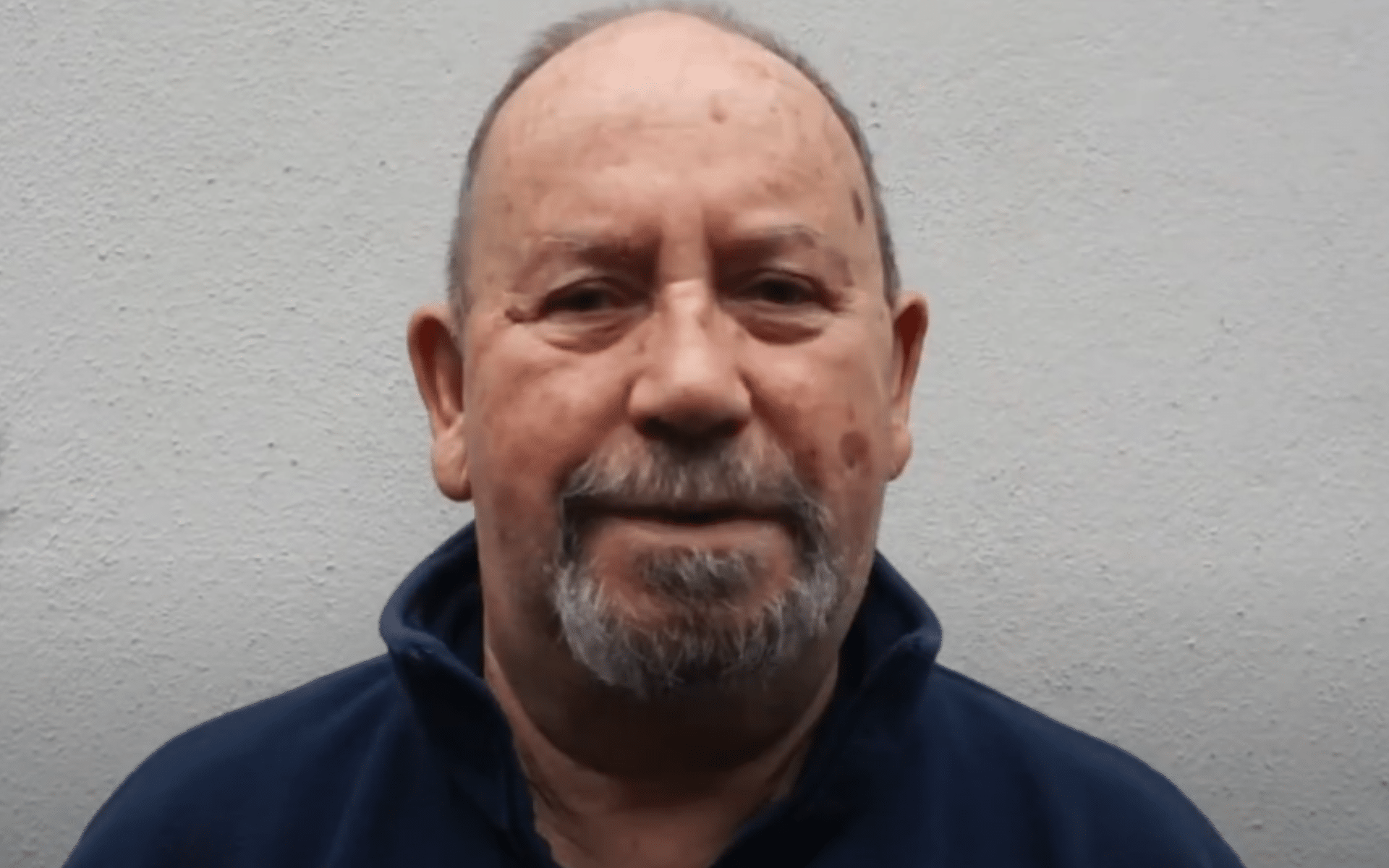
Why did you decide to do the A Life Written course?
12 years ago I started writing seriously and completed my first novel, which is a form of memoir. This attracted me to the A Life Written course, which I hoped would help extend my knowledge and skills in writing. I applied straight away despite the long travelling distance [2 hours each way].
How did you find the course? What are the most valuable parts? What is your lasting impression?
I thought the course was exceptionally good. The standard by all course members was high and the tutors were very good, well prepared and responsive to questions and suggestions. I thought the individual tutorials were particularly valuable. I gained considerable confidence to continue my writing and skills development.
What’s happened with your writing since you completed the course?
In 2021 I followed a series of 1-day poetry workshops, which enhanced my skills and knowledge in this area. I now employ a poetry mentor, and also meet regularly with a writer/publisher for mutual support and advice on each other’s work. I have written a series of poems, which are currently being made into short poetry films, and the text has been recorded by a professional actor. These will lead to highly original multi-media publications. The first one has been entered into a poetry film festival.
How did you go about creating the film of your A Life Written experience? What steps did you take? How did your experience of the course feed into the film?
I spent 2 days taking stills and videos of the building and local environment, including shots of tiny details of walls, beams, etc. that were visually compelling. I also surreptitiously filmed small sections of the course, and later interviewed each course member, asking them about what they felt about the course and what they had personally gained. I added copyright-free music to enhance the atmosphere of the final film.
What’s happened with your filmmaking since you made that film?
My work with the autistic poet, Christina Jane, has been outstandingly successful. So far our two films We are the Lost Girls and Invisible have together won 36 awards at film festivals across the world! We were personally able to attend 2 UK based film festivals and to give an introduction to the audience. The films look great on the big screen!
One film has also been nominated for a special award which is the ‘best of the best’ and we await a decision on this. Two further short films are in the post production stage, as is a short documentary which describes how the films have been made. The intention is to sell all 5 films to the BBC or another TV channel/company as a 30-minute package. Hopefully this will happen in 2023. In the meantime I will be working on the production of my own poetry films and multimedia publications. All films are being placed on my YouTube channel, including A Life Written.
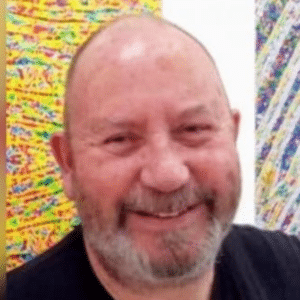 Steve Downey is a 77-year-old visual artist, multi award-winning filmmaker and writer, with studios in Suffolk and Italy. He followed a BA Fine Art course at Reading University, followed by training at the London Film School, and went on to briefly work in the film industry. He then started working as a visual artist and arts manager/consultant, organising hundreds of exhibitions and arts projects, before returning to filmmaking in early 2021.
Steve Downey is a 77-year-old visual artist, multi award-winning filmmaker and writer, with studios in Suffolk and Italy. He followed a BA Fine Art course at Reading University, followed by training at the London Film School, and went on to briefly work in the film industry. He then started working as a visual artist and arts manager/consultant, organising hundreds of exhibitions and arts projects, before returning to filmmaking in early 2021.
You may also like...
Case study: Anni Domingo
On the confidence gained through Escalator and the importance of focusing on writers who are underrepresented in the region

23rd October 2020
Case study: Alison McCullough
‘Being selected for the Emerging Translator Mentorship Programme has completely transformed my career’

20th December 2018
Case study: Deborah Smith
Learn Korean, found specialist small press, win Man Booker International Prize

1st January 2017



